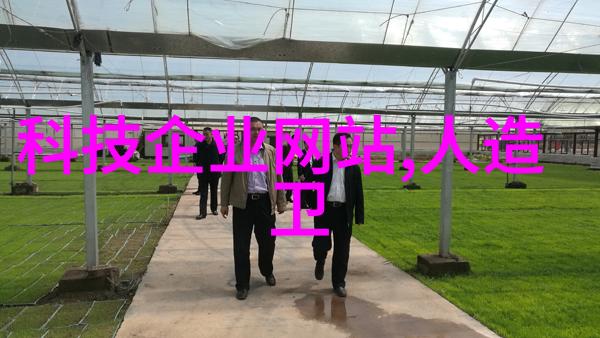工业的呜咽与清新的呼吸
在这个快速发展的时代,工业化进程无疑是推动经济增长和社会进步的重要力量。但随之而来的,是一系列环境问题,其中最为突出的就是工业废气的问题。它不仅影响了工厂周边居民的健康,还严重破坏了生态平衡。在这篇文章中,我们将探讨如何治理工业废气,以及这种治理对我们的未来意味着什么。

第一部分:工业废气及其危害
首先,让我们来了解一下什么是工业废气。简单来说,Industrial waste gas refers to the harmful gases released by industrial production processes, including sulfur dioxide, nitrogen oxides, carbon monoxide, particulate matter and volatile organic compounds. These pollutants not only damage the environment but also pose a significant threat to human health.

第二部分:治理措施
To address this issue effectively, several measures have been taken:

Emissions standards: Governments set strict emissions standards for factories and industries. This ensures that all companies adhere to certain levels of pollution control.

Installation of scrubbers: Scrubbers are devices that remove pollutants from exhaust gases before they are released into the atmosphere.
Flue gas desulfurization: This process removes sulfur dioxide from flue gas before it is released into the air.

Use of clean energy sources: Companies are encouraged to switch to cleaner energy sources like solar or wind power instead of coal or oil.
第三部分:技术创新
In recent years, there has been a surge in technological innovation aimed at reducing industrial waste emissions:
Carbon capture and storage (CCS): CCS technology captures CO2 emissions from power plants and other industrial sources before releasing them into the atmosphere.
Bioenergy with carbon capture and storage (BECCS): BECCS involves producing electricity or heat using biomass fuels while capturing any resulting CO2 emissions.
Advanced wastewater treatment technologies: New methods have been developed for treating wastewater generated during manufacturing processes.
第四部分:国际合作与责任
The global community must work together to combat this problem:
International agreements: Countries around the world have signed treaties such as the Paris Agreement on climate change which aims at limiting global warming below 2 degrees Celsius above pre-industrial levels.
Transboundary pollution management: Cooperation between countries can help prevent transboundary pollution caused by industrial activities.
第五部分:个人行动
Individuals too play an important role in addressing this issue through their daily choices:
Supporting eco-friendly policies
2.Reusing materials when possible
3.Energy conservation
4.Reducing consumption
结论
In conclusion, while industry is crucial for economic growth, we cannot ignore its impact on our environment and public health.The steps mentioned above offer a comprehensive approach towards mitigating these issues.The future belongs not just to industries but also those who take responsibility for preserving our planet's delicate balance between progress and sustainability.Finally let us strive towards creating an ideal world where "industrial's sigh" fades away while "clear breath" becomes reality once again—where life thrives harmoniously alongside industry's vigor—a world where every breath is fresh as spring morning dew!



